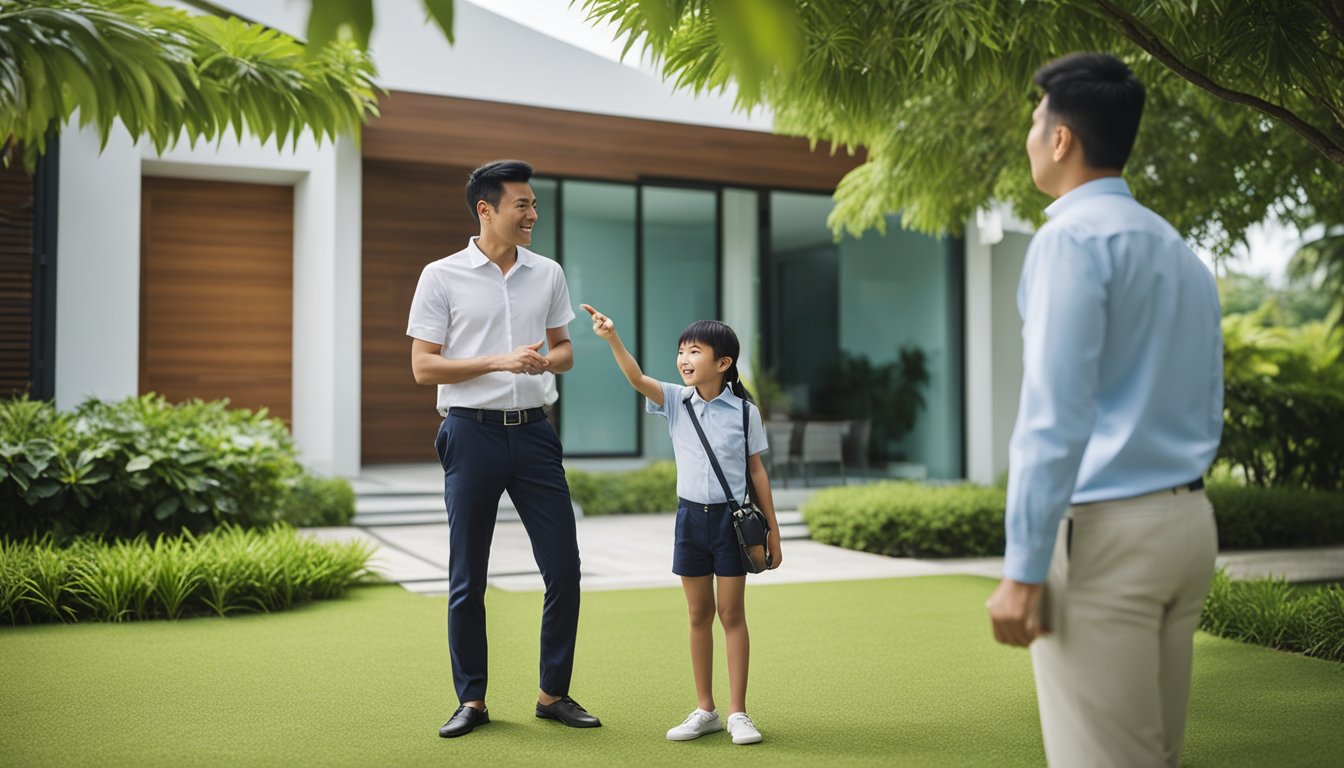
Are you considering buying a house in Singapore? Navigating the real estate market in a foreign country can be a daunting task, but with the right guidance, you can confidently pursue your dream of home ownership in this vibrant city-state. Understanding the intricacies of the Singapore housing market, the eligibility and regulations surrounding property ownership, and the financial considerations involved are crucial steps in the process.
Once you’ve gained clarity on these aspects, you can delve into the home buying process, ensuring that you are well-prepared for each stage. From making an offer to completing the purchase, being well-informed will help you navigate the process with confidence. After the sale, there are still important considerations to address, such as settling into your new home and understanding any post-purchase obligations. With the right knowledge and support, you can make your dream of owning a home in Singapore a reality.
Key Takeaways
- Understanding the intricacies of the Singapore housing market is crucial.
- Financial considerations play a significant role in the home buying process.
- Navigating the post-sale phase is an important aspect of buying a house in Singapore.
Understanding the Singapore Housing Market
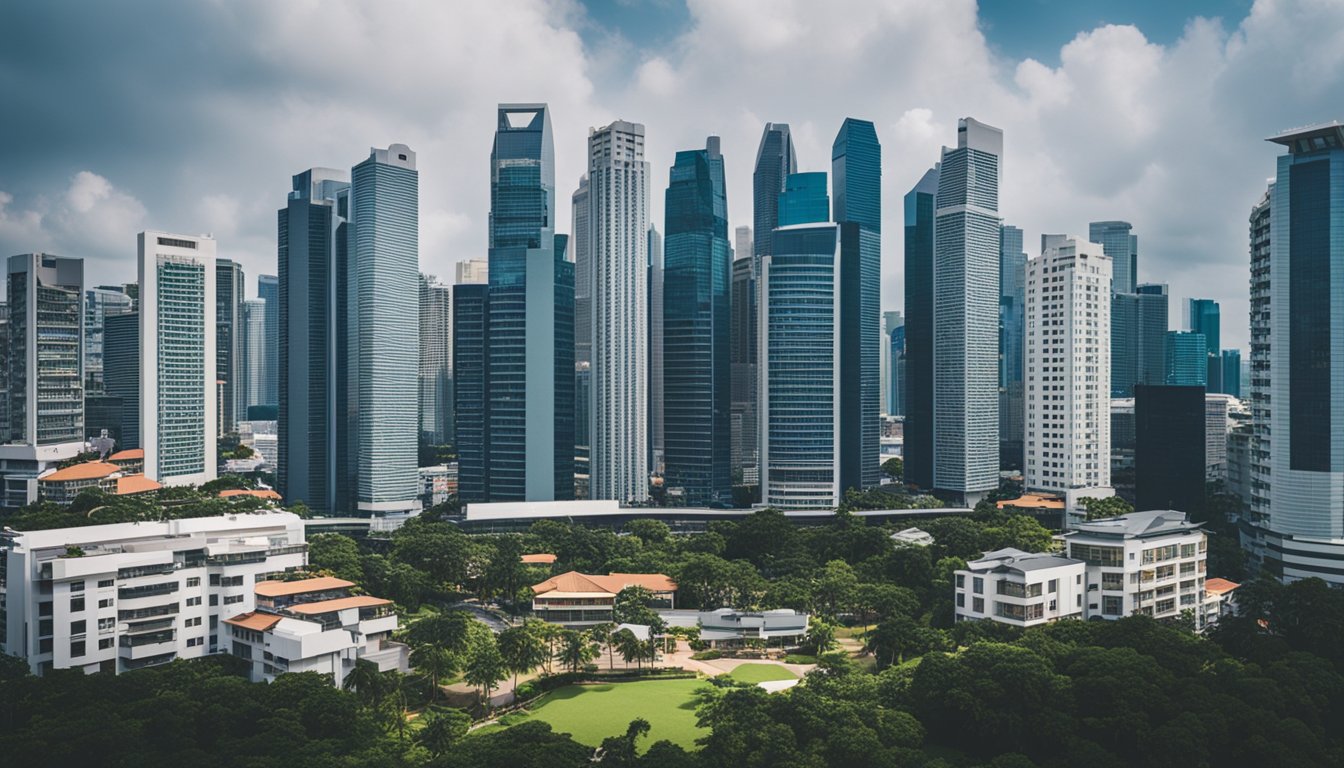
If you’re planning to buy a house in Singapore, it’s essential to understand the housing market. Singapore’s property market is one of the most expensive in the world, but it’s also one of the most stable. Here are some things you need to know before you start your house-hunting journey.
Types of Housing Available
There are several types of housing available in Singapore, including HDB flats, private properties, executive condominiums, landed properties, apartments, and condominiums. HDB flats are public housing units sold by the government, while private properties are owned by individuals or corporations. Executive condominiums (ECs) are a hybrid of public and private housing, and they are subject to certain restrictions. Landed properties are houses with their land, while apartments and condominiums are units in a building.
Public vs Private Properties
Public housing, also known as HDB flats, are more affordable than private residential properties, but they come with certain restrictions. For example, you can only buy an HDB flat if you are a Singapore citizen or a permanent resident. Private residential properties, on the other hand, are more expensive but offer more flexibility in terms of ownership and usage.
Current Market Trends
Singapore’s property market has been relatively stable in recent years, with prices remaining steady. However, the government has implemented cooling measures to prevent the property market from overheating. For example, the Additional Buyer’s Stamp Duty (ABSD) is a tax imposed on additional property purchases. The ABSD rates vary depending on your residency status and the number of properties you own.
In conclusion, understanding the Singapore housing market is crucial when buying a house in Singapore. With a variety of property types available, it’s essential to know the differences between public and private properties and the current market trends.
Eligibility and Regulations
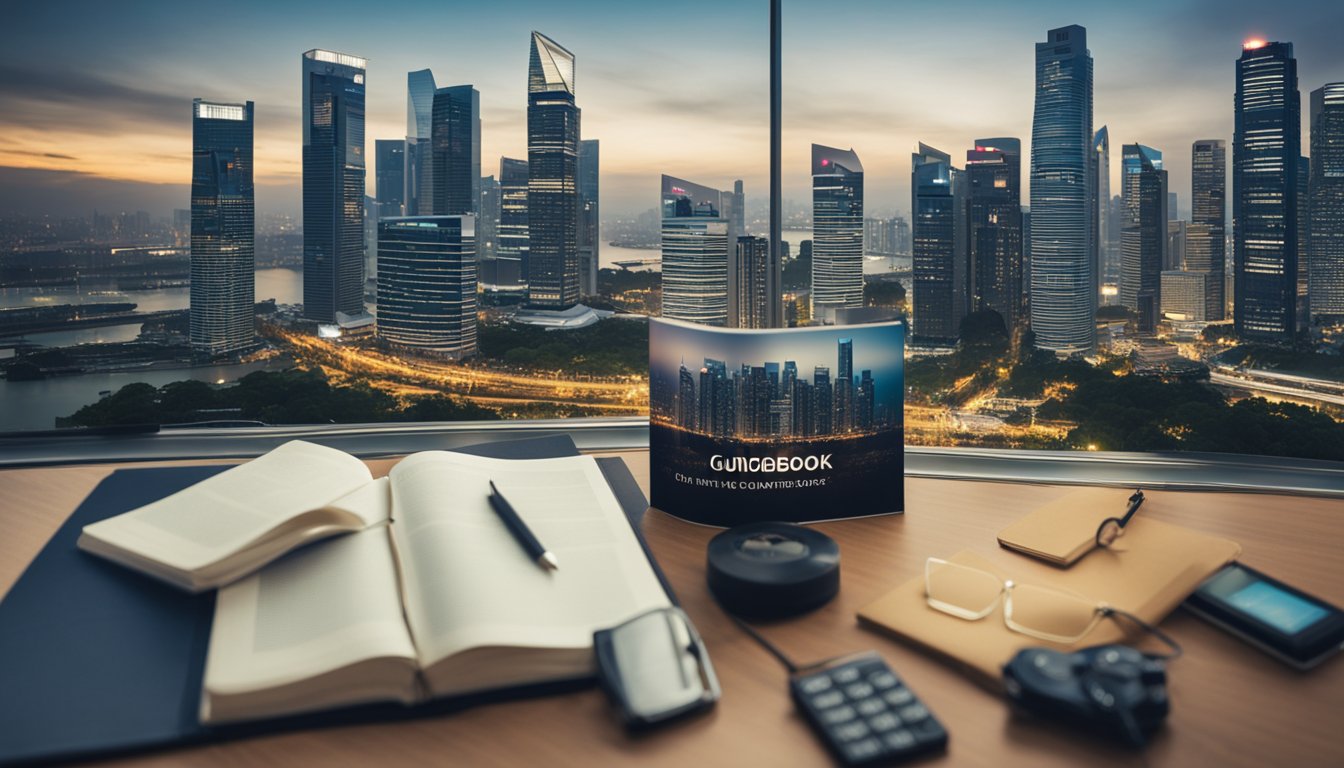
Buying a house in Singapore is a dream come true for many. However, it’s important to understand the eligibility criteria and regulations before you make a purchase. In this section, we’ll take a closer look at the eligibility criteria for HDB flats, foreign ownership rules, and government housing policies.
Eligibility for HDB Flats
If you’re a Singapore Citizen (SC) or a Permanent Resident (PR), you’re eligible to purchase an HDB flat. However, there are certain restrictions regarding ownership of HDB flats. For example, if you’re a SC, you can purchase a new or resale flat. If you’re a PR, you can only purchase a resale flat. Additionally, if you own an HDB flat, you’re not allowed to own any other residential property in Singapore or overseas.
Foreign Ownership Rules
Foreigners are allowed to purchase private properties in Singapore, but there are certain restrictions. If you’re a foreigner, you’re not allowed to purchase HDB flats. However, you can purchase private properties such as apartments, condominiums, and landed properties. You’ll need to obtain approval from the Singapore Land Authority (SLA) before you can purchase a private property.
Government Housing Policies
The Singapore government has implemented various measures to ensure that housing remains affordable for Singaporeans. For example, the government regulates the supply of land for private residential development, which helps to keep property prices in check. Additionally, the government provides subsidies and grants to help Singaporeans purchase their first home.
In conclusion, before you embark on your journey to buy a house in Singapore, it’s important to understand the eligibility criteria and regulations. Make sure you’re eligible to purchase the type of property you want, and be aware of any restrictions or regulations that may apply. With the right knowledge and preparation, you’ll be well on your way to owning your dream home in Singapore.
Financial Considerations
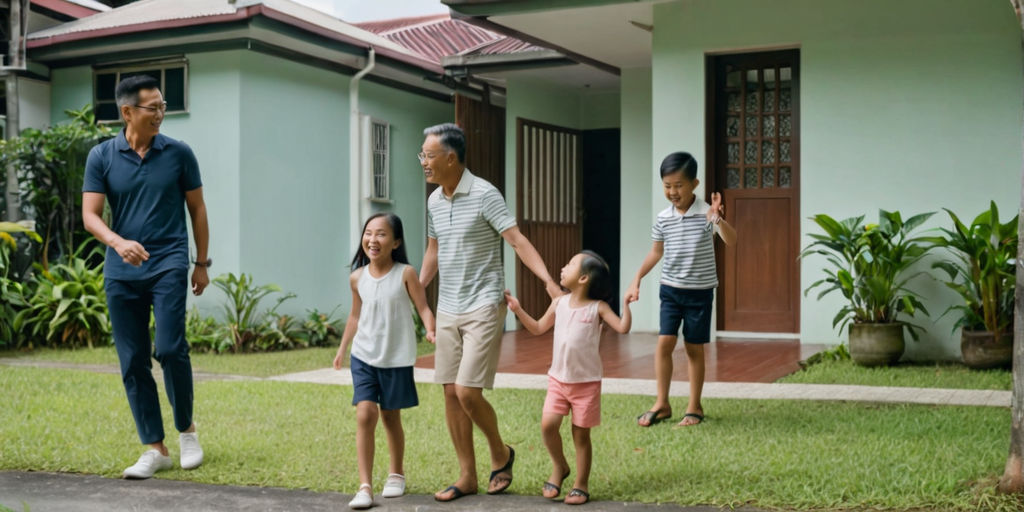
Buying a house is a significant financial commitment, and you need to consider several factors before making the purchase. In this section, we will discuss some of the essential financial considerations you need to keep in mind when buying a house in Singapore.
Understanding CPF Usage
The Central Provident Fund (CPF) is a mandatory savings scheme in Singapore that helps individuals save for their retirement, healthcare, and housing needs. As a Singaporean, you can use your CPF savings to pay for your home purchase. You can use your CPF Ordinary Account (OA) savings to pay for the downpayment, monthly instalments, and other costs associated with buying a house. However, there are limits to the amount you can use, and you need to meet specific eligibility criteria.
Loan Options and Interest Rates
When buying a house, you need to consider the loan options available to you and the interest rates offered by different banks. You can choose between a home loan or a HDB loan. A home loan is a bank loan, while a HDB loan is a loan provided by the Housing Development Board (HDB). Both loan options have different interest rates, and you need to compare them to find the best option for you.
Costs and Fees Associated with Buying
There are several costs and fees associated with buying a house in Singapore. You need to consider the downpayment, stamp duties, legal fees, and other costs. The downpayment is usually 20% of the purchase price, and you need to pay it upfront. The stamp duties are a tax levied on property transactions, and you need to pay it to the Inland Revenue Authority of Singapore (IRAS). The legal fees are the fees charged by your lawyer for handling the conveyancing process.
In addition to the costs mentioned above, you also need to consider the maintenance fees, which are the fees charged by the management corporation of your property. You need to pay these fees monthly or quarterly, and they cover the cost of maintaining the common areas of the property.
Budget and Financial Grants
Before buying a house, you need to have a budget in mind. You need to consider your gross monthly household income, your expenses, and your savings. Based on your budget, you can decide on the type of property you can afford.
There are also several financial grants available to help you buy a house in Singapore. The CPF Housing Grant is a grant provided by the government to help you buy your first home. You can also use your CPF Ordinary Account savings to pay for the downpayment and other costs associated with buying a house. Additionally, there are other financial grants available, such as the Additional CPF Housing Grant and the Proximity Housing Grant, which you can apply for based on your eligibility.
The Home Buying Process
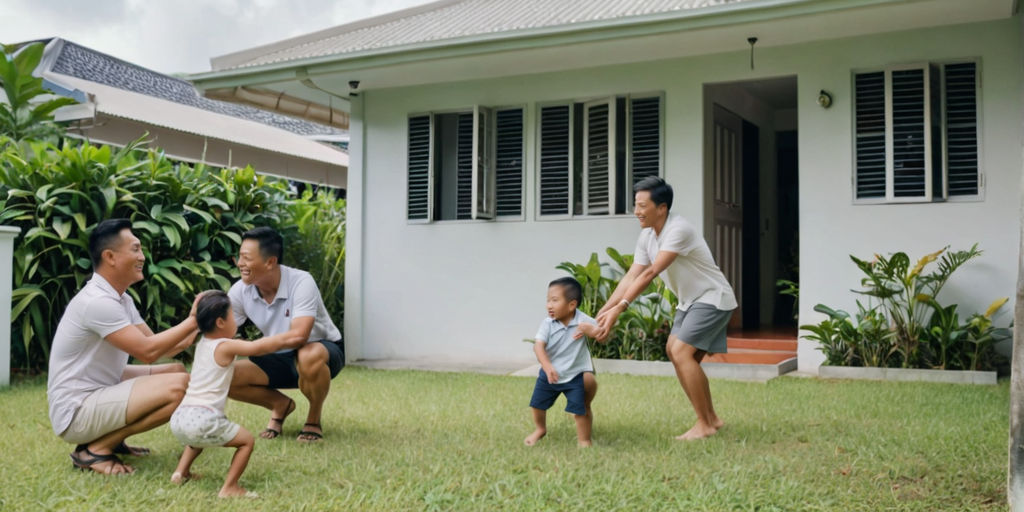
Congratulations on your decision to buy a house in Singapore! The home buying process can be exciting and daunting at the same time. However, with the right knowledge and guidance, you can make it a smooth and successful experience. Here is a step-by-step guide to help you through the home buying process.
Selecting the Right Location
The first step in the home buying process is selecting the right location. Consider factors such as proximity to your workplace, schools, public transportation, and amenities such as shopping centres, parks, and restaurants. Make sure to research the neighbourhood to ensure it meets your needs and preferences.
The Steps to Purchase a Home
Once you have selected the right location, the next step is to make an offer. You can do this through a real estate agent or directly with the seller. The offer should include the selling price, deposit, and any conditions that need to be met before the purchase can be finalised.
If the seller accepts your offer, you will need to engage a lawyer to handle the legal aspects of the property purchase. The lawyer will conduct a title search, prepare the sale and purchase agreement, and ensure that all legal requirements are met.
After the sale and purchase agreement is signed, you will need to pay the deposit and apply for a home loan. The bank will conduct a valuation of the property to determine its value and your loan eligibility.
Finalising Your Home Purchase
Once your loan is approved, you can proceed to finalise your home purchase. This involves paying the balance of the purchase price, stamp duty, and legal fees. The seller will transfer ownership of the property to you, and you will receive the keys to your new home.
In conclusion, buying a house in Singapore can be a complex process, but with the right guidance and knowledge, it can be a smooth and exciting experience. Remember to select the right location, make an offer with the help of a real estate agent or directly with the seller, engage a lawyer to handle the legal aspects, apply for a home loan, and finalise your home purchase. Good luck with your property purchase!
After the Sale
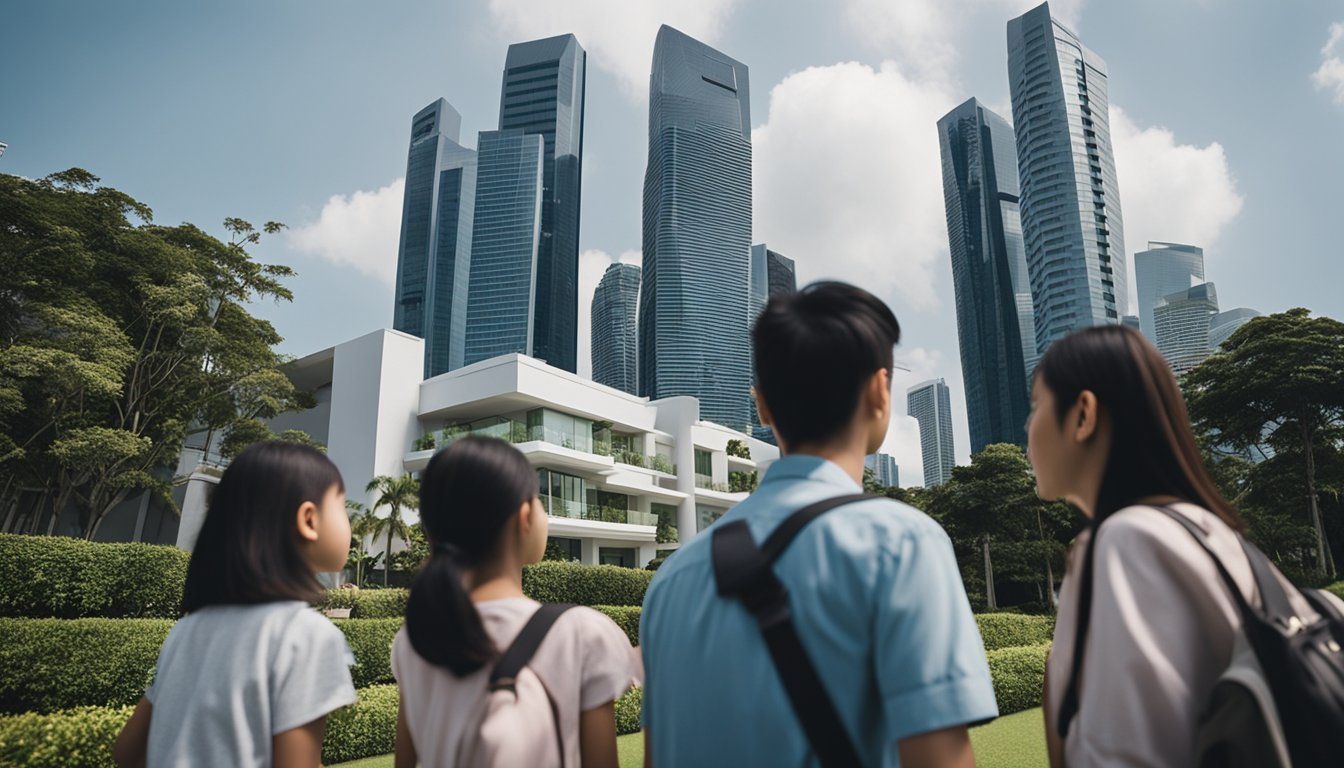
Congratulations on purchasing your new home in Singapore! Now that you have completed the purchase, there are a few important things to consider to protect your investment and ensure a smooth transition into your new property.
Home Insurance and Protection
Home insurance is an essential part of protecting your new property. It provides coverage for damage to the building and its contents, as well as liability protection in case someone is injured on your property. There are different types of home insurance policies available, so it’s important to choose the one that best suits your needs and budget.
Some policies offer additional coverage for specific events such as floods, earthquakes, and other natural disasters. You may also want to consider adding personal property coverage to protect your belongings inside the home. Be sure to read the policy carefully and understand what is covered and what is not.
Meeting the Minimum Occupation Period
If you have purchased a new HDB flat, you will need to meet the Minimum Occupation Period (MOP) before you can sell or rent out the property. The MOP is typically five years, but it can vary depending on the type of property and the date of purchase.
During the MOP, you are required to live in the property as your primary residence. You cannot rent out the entire flat or any part of it, and you cannot sell the property without first obtaining approval from HDB. Failure to meet the MOP can result in penalties and legal action.
Maintenance Fees
As a homeowner, you will be responsible for paying maintenance fees for the upkeep of common areas and facilities in your building or estate. These fees can vary depending on the property and the level of services provided.
Be sure to budget for these fees as they can add up over time. Failure to pay maintenance fees can result in legal action and even the possibility of losing your property.
Basic Retirement Sum
If you are using your Central Provident Fund (CPF) savings to purchase your property, you will need to ensure that you have enough funds left to meet the Basic Retirement Sum (BRS). The BRS is the minimum amount of savings required in your CPF account when you reach 55 years old.
It’s important to plan ahead and ensure that you have enough CPF savings to meet both your housing needs and your retirement goals. You may want to consider speaking with a financial advisor to help you plan for the future.
Overall, buying a home in Singapore can be an exciting and rewarding experience. By taking the necessary steps to protect your investment and plan for the future, you can enjoy your new home with peace of mind.
Special Considerations
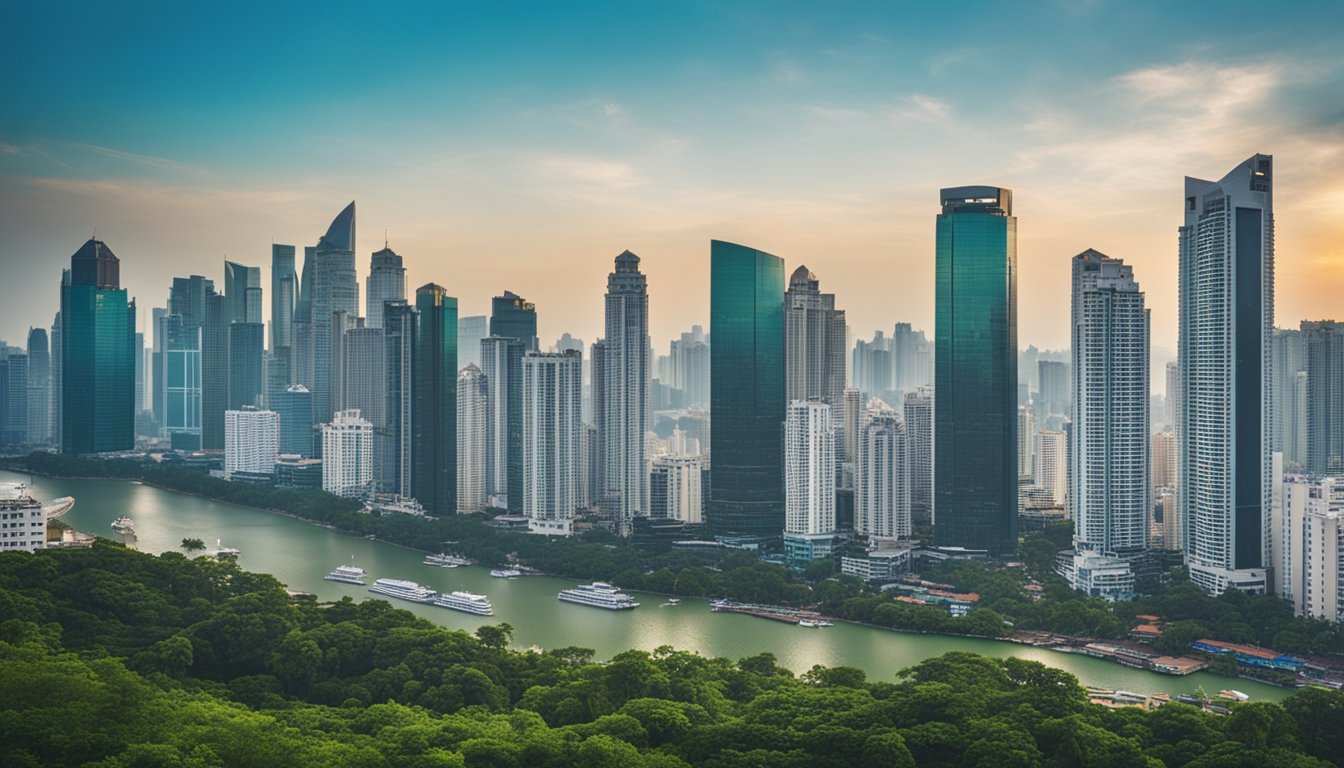
When buying a house in Singapore, there are some special considerations that you need to keep in mind. These considerations will help you make the right decision and ensure that you get the most out of your investment.
Buying as a Single or Family Nucleus
If you are buying a house in Singapore as a single person, you need to consider your future plans. Do you plan to get married and start a family? If so, you should consider buying a bigger house that can accommodate your future family. On the other hand, if you are already part of a family nucleus, you need to ensure that the house you are buying meets your family’s needs.
Investment Potential of Properties
Buying a house in Singapore is not just about finding a place to live. It is also an investment that can provide you with a good return. When looking for a house to buy, consider the investment potential of the property. Look for properties in areas that are expected to grow in value in the future. You can also consider buying a property that you can rent out to generate additional income.
When it comes to investment, it’s important to remember that the homeownership rate in Singapore is high. This means that there is a strong demand for housing, which can drive up property prices in the long run. So, if you’re thinking of buying a house in Singapore, it’s a good idea to act fast before prices rise even further.
In conclusion, buying a house in Singapore is a big decision that requires careful consideration. By keeping these special considerations in mind, you can make the right decision and ensure that your investment pays off in the long run.
Additional Resources
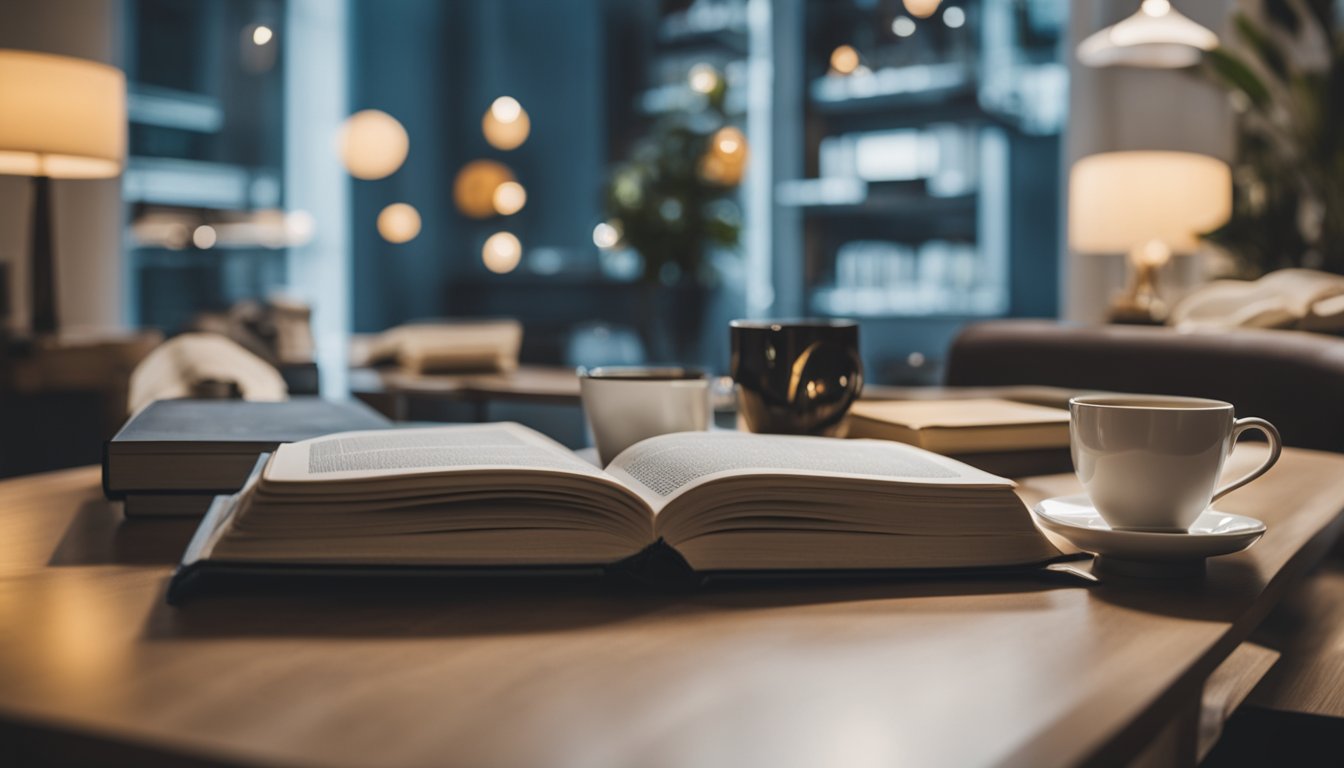
If you’re looking to buy a house in Singapore, there are a number of useful platforms and tools available to help you in your search. One of the most popular platforms is PropertyGuru, which allows you to browse through a wide range of properties, compare prices, and get in touch with real estate agents.
In addition to PropertyGuru, there are a number of other useful platforms and tools that you can use to help you in your search. For example, you might want to check out 99.co, which allows you to search for properties based on your budget, location, and other criteria.
When it comes to buying a house, it’s always a good idea to seek expert advice. One way to do this is to work with a real estate agent. A good real estate agent can help you find properties that meet your needs, negotiate with sellers, and guide you through the buying process.
There are a number of real estate agents in Singapore, but it’s important to choose one who is experienced, knowledgeable, and trustworthy. Some of the most reputable real estate agents in Singapore include ERA Realty Network and PropNex.
In addition to working with a real estate agent, you might also want to consider seeking advice from a financial advisor or mortgage broker. These professionals can help you determine your budget, navigate the mortgage process, and ensure that you’re making a sound financial decision.
Overall, buying a house in Singapore can be a complex process, but with the right resources and advice, it’s possible to find the perfect property for your needs.
Frequently Asked Questions
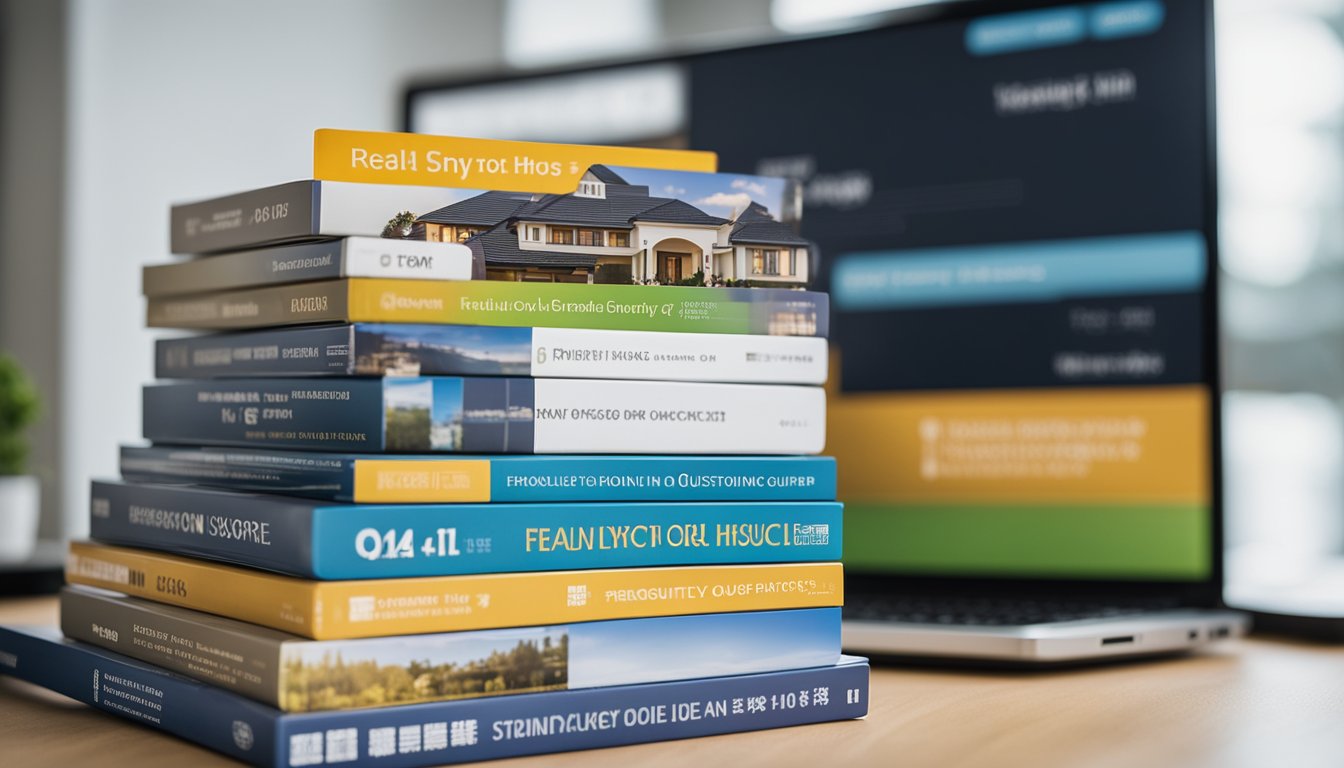
What’s the scoop on stamp duty for non-residents snapping up property in Singapore?
If you’re a non-resident looking to buy property in Singapore, you’ll need to pay Additional Buyer’s Stamp Duty (ABSD) on top of the regular Buyer’s Stamp Duty (BSD). The ABSD rate for non-residents is 20% of the property’s purchase price, while the BSD rate ranges from 1% to 4%. Keep in mind that these rates are subject to change, so be sure to check with the Inland Revenue Authority of Singapore (IRAS) for the latest updates.
Can you demystify the calculations for snagging a Singaporean property?
When it comes to buying a property in Singapore, there are a few calculations you’ll need to keep in mind. First, there’s the Total Debt Servicing Ratio (TDSR), which is a measure of your ability to repay your home loan. Your TDSR cannot exceed 60% of your gross monthly income. Second, there’s the Loan-to-Value (LTV) limit, which is the maximum percentage of the property’s value that you can borrow. For the first property, the LTV limit is 75%, while for the second and subsequent properties, it’s 45%. Finally, there’s the Minimum Occupation Period (MOP), which is the minimum period you must occupy the property before you can sell it or rent it out.
What’s the lowdown on the initial downpayment when purchasing a Singaporean home?
When you buy a property in Singapore, you’ll need to make an initial downpayment of at least 5% of the purchase price. This downpayment can be paid in cash or CPF savings, or a combination of both. Keep in mind that if you’re taking out a home loan, you’ll also need to pay for legal fees, valuation fees, and other miscellaneous fees.
How can a young’un under 35 get on the property ladder in Singapore?
If you’re under 35 and looking to buy your first property in Singapore, you may be eligible for the Enhanced CPF Housing Grant (EHG). The EHG provides up to $80,000 in grants to eligible first-time homebuyers, depending on their income and the type of property they’re buying. You may also be eligible for the Step-Up CPF Housing Grant (SHG), which provides up to $40,000 in grants to eligible second-time homebuyers who are buying a 2-room Flexi or 3-room flat from HDB.
What are the must-know regulations for buying a flat from the Housing & Development Board (HDB)?
If you’re looking to buy a flat from the Housing & Development Board (HDB), there are a few regulations you’ll need to keep in mind. First, you must be a Singapore citizen or a Permanent Resident. Second, you must meet the eligibility criteria for the specific flat you’re interested in, which may include income ceilings, ethnic integration quotas, and other requirements. Finally, you must comply with the Minimum Occupation Period (MOP) and other resale regulations.
What’s the skinny on the cash you’ll need upfront to bag a house in Singapore?
When you buy a property in Singapore, you’ll need to pay for the initial downpayment, legal fees, valuation fees, and other miscellaneous fees. Depending on the property’s purchase price, you may need to pay tens or even hundreds of thousands of dollars upfront. Keep in mind that you’ll also need to set aside money for renovation, furniture, and other expenses. It’s important to budget carefully and plan ahead to ensure that you have enough cash on hand to cover all of these costs.

